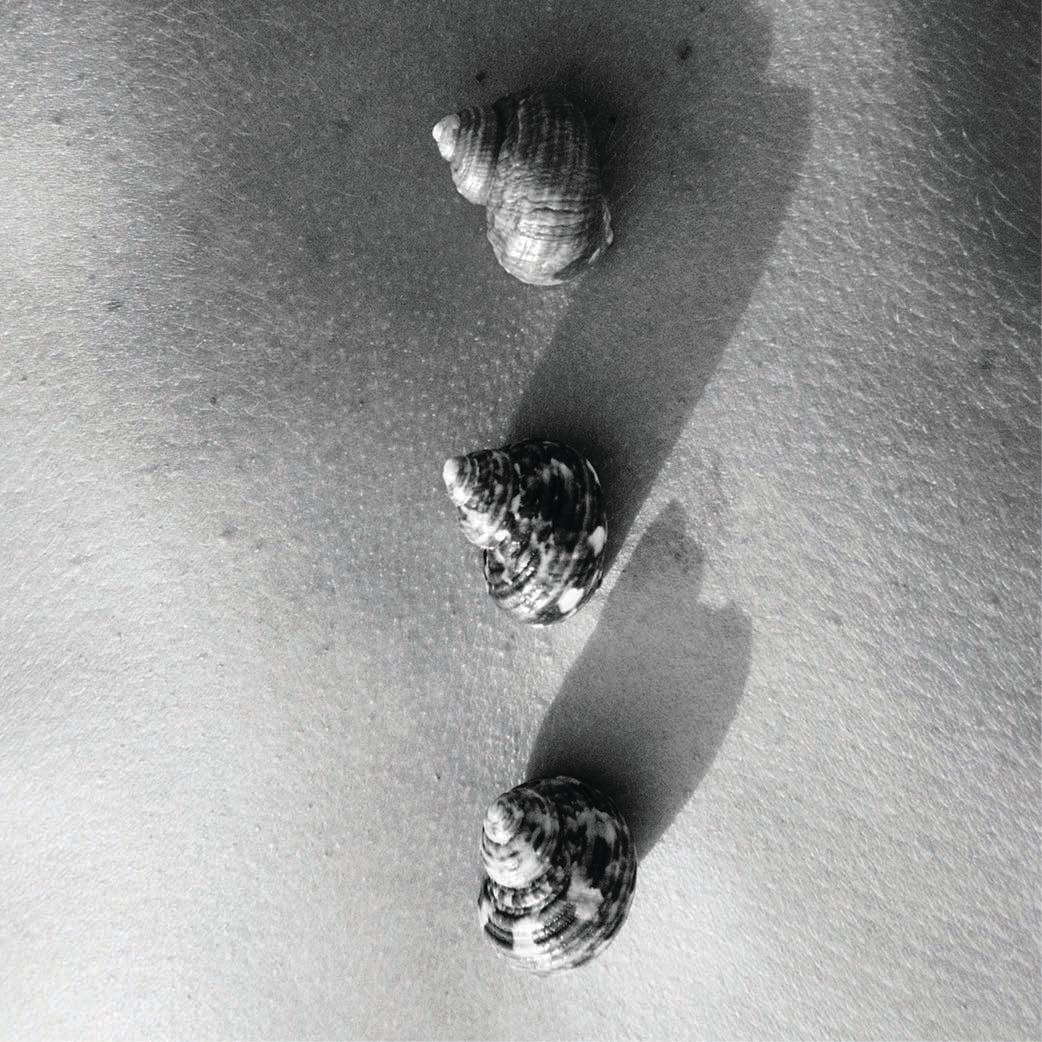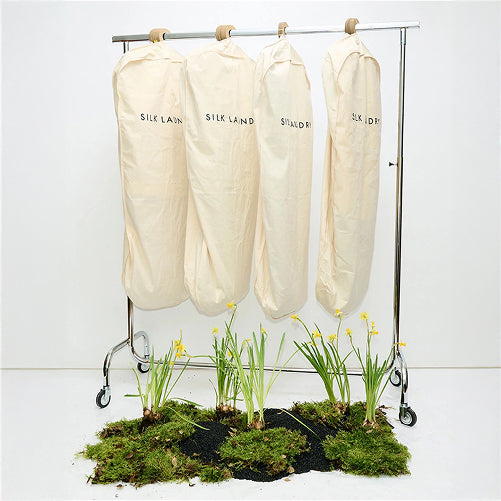We are honoured to present an exclusive interview with renowned aerial photographer, J. Henry Fair, whose compelling work in his book "Industrial Scars" has deeply inspired our latest collection.
This collection, which holds a special place in our hearts, aims to spotlight the environmental challenges wrought by overconsumption and to advocate for sustainability through the beauty of fashion, influenced by Fair's striking imagery. In this interview, J. Henry Fair shares his insights into the impact of his projects, his personal commitment to sustainability, and the powerful role of storytelling in environmental advocacy.
We hope his thoughts resonate with you and inspire further conversation about the urgent need for environmental stewardship in all aspects of life. Please enjoy this deep dive into the motivations and experiences that shape the work of J. Henry Fair, and how these have influenced 027.24 ‘A View’.
www.jhenryfair.com
@jhenryfair
SL What do you hope to convey to your audience through your photos?
I hope people will realize how close we are to dangerous tipping points that will push us into an unstable world in which all of our assumptions about weather, rain, food, will be changed. There is little we can do as individuals but vote and consume less.
SL Are there any particular emotions that come up for you when you look at these images?
In general, I am sad when I think about the topics I photograph. Of course each photo is associated with the adventure of making it, which leads to nice memories.
SL Can you share any specific stories or experiences that had a profound impact on you while working on this project?
There are so many stories associated with these pictures. Possibly the most traumatic was the BP Deepwater Horizon Spill. The negligence was so blatant, the damage so vast, and the cleanup so extensive, that it was like being in war. I would return to NYC after a trip down there, and people would ask what it was like, and no words could describe the experience. Only my pilot could relate. It gave me an insight into the PTSD that combat veterans experience.
SL At Silk Laundry we advocate for ethical production and responsible consumption, what do these concepts mean to you?
Ethical production means that materials and production processes are chosen to minimize impacts on land, air, and water—and the creatures inhabiting those realms—and that any people in the supply chain are treated fairly. Responsible consumption means we consume only what we need, use it throughout its useful life, and then dispose of it conscientiously.
SL How has the Industrial Scars project impacted you personally?
I use everything until it falls apart. I do not purchase anything that will create waste—not even coffee cups. I fly as little as possible, eat very little meat, never waste food, turn off every electrical item when not in use, and never buy anything packaged in plastic. I buy all my food in bulk, among a thousand other things.
But the main thing is to engage people. The crisis is not our fault, and we cannot fix it alone, but we can demand that it be fixed by voting democratically for change and voting with how we spend our money. Both are important.
SL How do you see the power of storytelling, whether through images or fashion, in influencing societal attitudes and promoting positive change regarding environmental sustainability?
Stories are how humans have always transmitted information and customs and lessons. Narrative is key
SL Is there anything else you would like to share about your projects or your thoughts on this collection?
It is important to understand that we are rushing headlong into disaster. The scientists say we could avert the worst of it. People want good news, and there it is: if we act now and drastically, we can leave a healthy planet for our children. If we continue as before, the results will be unimaginable, and sooner than anyone thinks.
My book, Industrial Scars, brings attention to the tragic effects of human impact on our planet. Our ever-increasing demand for energy, rapidly changing eating habits and rampant consumerism are rapidly leading to the degradation of our planet. Industrial Scars reveals unseen views of the effects of such production on our environment, exposing the secrets from oil drilling, hydro-fracking and coal-ash waste, to large-scale agricultural production and abandoned mining operations.











